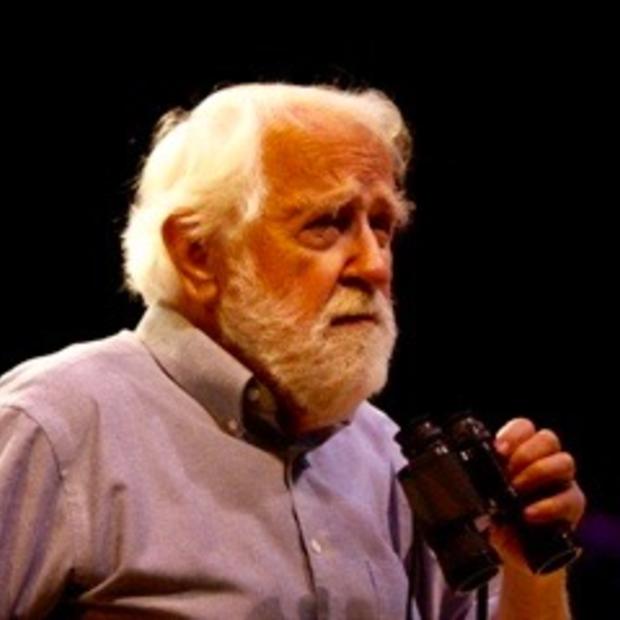Because a Florida congressman demands an investigation of abortion spending, some 400 women in rural areas of Clallam County in Washington face the loss of breast cancer screening. So do another 400 in the Boise, Idaho, area, but they face a worse dilemma: They’re refugee women from Africa and Asia, relocated to Idaho through the International Rescue Committee, and most lack the language skills to look for mammogram providers and other breast cancer support on their own.
For years, Planned Parenthood of the Great Northwest has used funds from the huge Susan B. Komen for the Cure Foundation to provide cancer screening treatments to women in Clallam County and in the Boise/Twin Falls area, administered by Planned Parenthood’s Puget Sound affiliate in Seattle. But as of this week, under congressional pressure over Planned Parenthood’s abortion assistance, the Komen Foundation has ended its contributions to Planned Parenthood’s breast cancer screening programs. Nineteen of Planned Parenthood’s 83 affiliates will be affected by the cut, including the two in Idaho and Clallam County. The organization says Komen funds have provided 170,000 clinical breast exams nationwide.
“Komen got bullied by anti-choice politicians,” says Kristin Kristen Glundberg-Prossor of Planned Parenthood of the Great Northwest, which supports clinics in Washington, Idaho and Alaska, from its office in Seattle. “It’s a shame these two incredibly strong women’s organizations, both working to prevent cancer, have been forced into opposing positions by anti-choice forces determined to harm Planned Parenthood.”
No one at the Seattle offices of the Susan G. Komen Foundation For the Cure would comment on the cutoff of cancer screening funds. But the foundation’s national office issued a statement by email. The statement reviews Komen’s goals and accomplishments and its investments in community health programs ($93 million in 2011) including 700,000 mammograms. Without reference to the anti-abortion politics involved, the statement from Komen spokesperson Leslie Aus says, “We must continue to evolve to best meet the needs of the women we serve and most fully advance our mission.”
Sara Kiesler, media representative for Planned Parenthood Votes, the advocacy arm of the organization in Washington, called the Komen Foundation decision depressing. “Cancer has no party affiliation,” Kiesler said. “Cancer is neither pro-choice nor anti-choice.”
U.S. Sen. Patty Murray expressed disappointment that “politics is once again coming between women and their health care needs.” Murray said the heart of the issue is what she termed a “shameful investigation of Planned Parenthood by House Republicans trying to score political points and appease their right-wing base.”
In statements to the press, Komen’s Leslie Aun acknowledged that the cancer screening funds are being cut under the organization’s new rules cutting off grants to any group being investigated by authorities at the local, state, or federal level. Planned Parenthood falls under the prohibition because of a demand by Republican Rep. Cliff Stearns of Florida that Congress investigate Planned Parenthood to see if public money has been improperly spent on abortions. Planned Parenthood says more than 90 percent of its health care is preventative, including breast cancer screenings, birth control, and prevention of sexually transmitted diseases.
The cutoff of Planned Parenthood anti-cancer funds comes only months after Komen installed a new and strongly anti-abortion vice president, Karen Handel, who ran for governor of Georgia in 2010, on an anti-Planned Parenthood pledge.
Following the Komen Foundation announcement, a Texas couple, Amy and Lee Fikes, announced a $250,000 grant to help fill the gap in cancer-screening funds. Amy Fikes told national media the money will establish a Breast Health Fund at Planned Parenthood, “so that their health centers across the country can continue to put the real needs of women ahead of right wing ideology.”
Associated Press says the funds being cut from Planned Parenthood cancer screening work nationally came to $680,000 last year and $580,000 in 2010.



